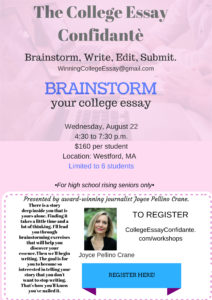There are two significant, opposing financial challenges in today’s workforce: saving for retirement and paying off student loan debt. Employees often have a hard time planning for future retirement when they are focused on paying off their student loans. According to a study from Ipsos, 69 percent of millennials aren’t saving for retirement because of more pressing financial demands.
This means many employees aren’t fully benefiting from employer 401(k) or 403(b) match programs. It is estimated that American employees are leaving approximately $24 billion in employer contributions on the table each year according to the Financial Industry Regulatory Authority. This is money that employers have allocated to support their associates.
Employee Choice, offered exclusively through BenefitEd, is a new program that allows employees to redirect or split their employer-matched retirement funds to help them pay down their student loan debt. By giving employees the opportunity to choose how to use their matching funds, they have more control over where their money goes, so they can pay down debt more quickly and position themselves to save for retirement.
Employee Choice also helps address a barrier employers face when looking to add student loan repayment benefits: cost. With Employee Choice, companies can offer a student loan repayment benefit without significantly changing the total cost of benefits or dollars they’re expensing. This product is the first of its kind and is available to employers starting in August of 2018.
“BenefitEd brings complete flexibility to employers looking to support the education and financial goals of their employees,” said Scott Gubbels, executive director of BenefitEd. “Employee Choice is just another example of how we are helping progressive companies attract, retain, and engage today’s workforce.”
Employee Choice doesn’t require a company to amend its retirement plan summary documentation. It remains a separate and distinct service to keep implementation easy and minimize the cost impact. For more information about the program, go to youbenefited.com/products/
